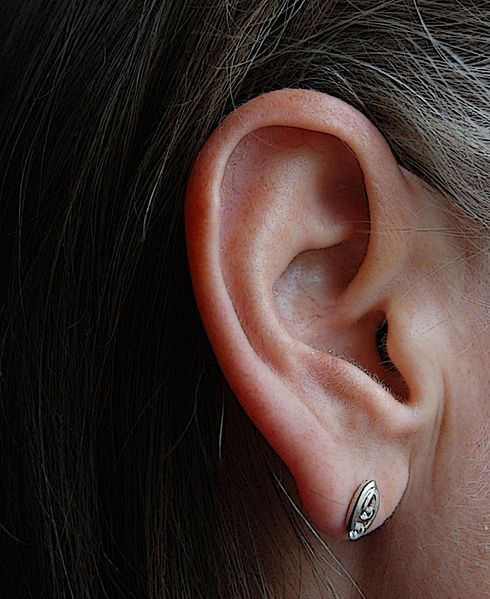Brain Mechanism Behind Inner Voice Explained: It's There To Prevent Confusion

More often than not, when you think about what you're going to eat for dinner or which route you're going to take home, you're not saying anything out loud, but rather, saying it in your head, with your own voice. Although this form of speech has been largely understudied, it's very much a part of a brain mechanism that happens in every day of our lives. A new study investigated the reasons we hear this voice, even when there is no actual sound to accompany it.
Researchers based their idea for the experiment on the idea of corollary discharge, a predictive signal from the brain that, for example, stops us from feeling the tickling sensation when we tickle ourselves even though others can tickle us to no end. It's able to cancel out the sensation by predicting our own movements. They say that corollary discharge is also able to create an internal copy of our voices, therefore matching — or predicting — the sounds when we speak out loud.
"We spend a lot of time speaking and that can swamp our auditory system, making it difficult for us to hear other sounds when we are speaking," Mark Scott, of the University of British Columbia, said in a statement. "By attenuating the impact our own voice has on our hearing — using the corollary discharge prediction — our hearing can remain sensitive to other sounds."
In other words, corollary discharge prevents us from speaking and thinking that it's someone else's voice we hear. Scott wanted to see if external sounds were canceled out by the internal copies that corollary discharge produced.
To find out, he performed a three-part experiment on 24 men, whose voices matched the produced sounds. The first part involved listening to syllabic sounds, such as "al" and "ar," without saying them over inside their heads. The participants were then asked to think about the same sounds while they played through the audio. In the third part, however, while the participants thought of the aforementioned sounds, the audio played the syllables "da" and "ga" in an effort to confuse the participants.
The researchers found that when the sounds matched, inner speech significantly weakened the impact of the external sound. There was not a significant impact, however, on the sounds when they were different.
Internal speech utilizes a system that's mostly involved in processing external speech, the researchers said. They hope it will help them understand certain illnesses, such as schizophrenia.
"This work is important because this theory of internal speech is closely related to theories of auditory hallucinations associated with schizophrenia," Scott said.
Source: Scott M. Corollary Discharge Provides the Sensory Content of Inner Speech. Psychological Science. 2013.
Published by Medicaldaily.com



























